Ovarian cancer Page
Ovarian cancer remains one of the most prevalent gynaecological malignancies worldwide. It accounted for 3.7% of all global cancer cases and 4.7% of deaths in 2020 1, 2 . The […]
Ovarian cancer remains one of the most prevalent gynaecological malignancies worldwide. It accounted for 3.7% of all global cancer cases and 4.7% of deaths in 2020 1, 2 . The […]
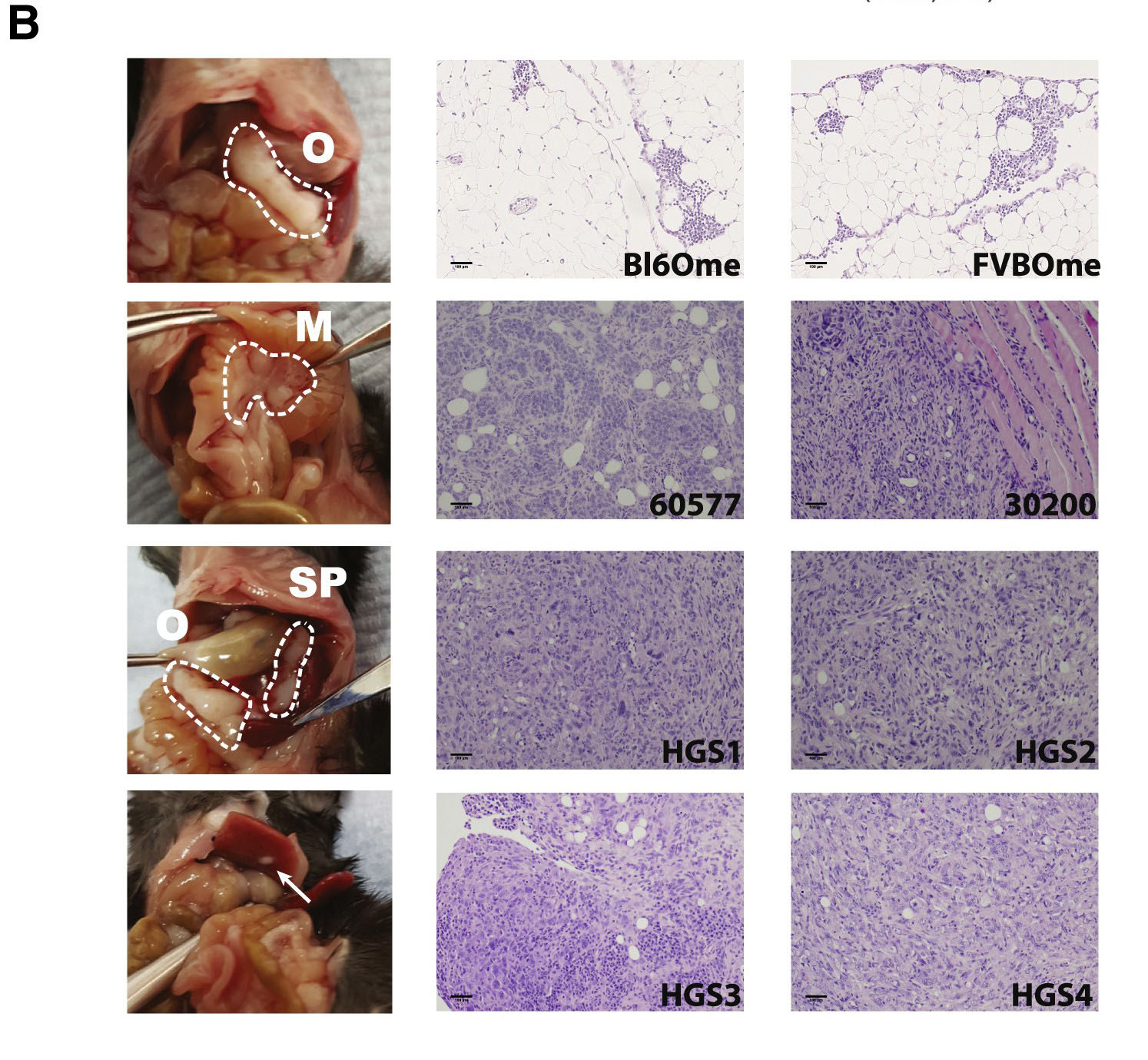
Research tools to support ovarian cancer research
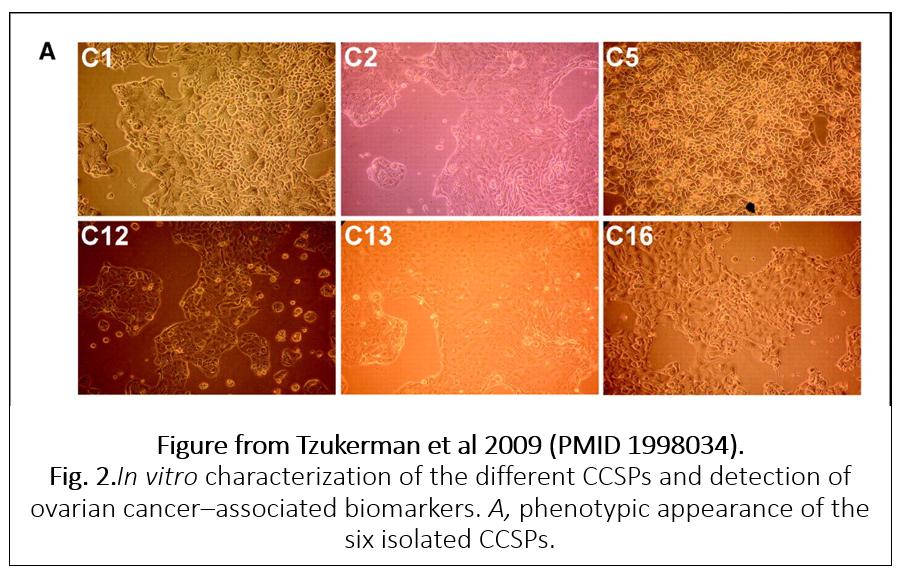
The CCSP family of six cell lines aims to recapitulate the ovarian cancer microenvironment, and is suitable for investigation into cancer biology and cancer therapeutics research. These lines are derived […]
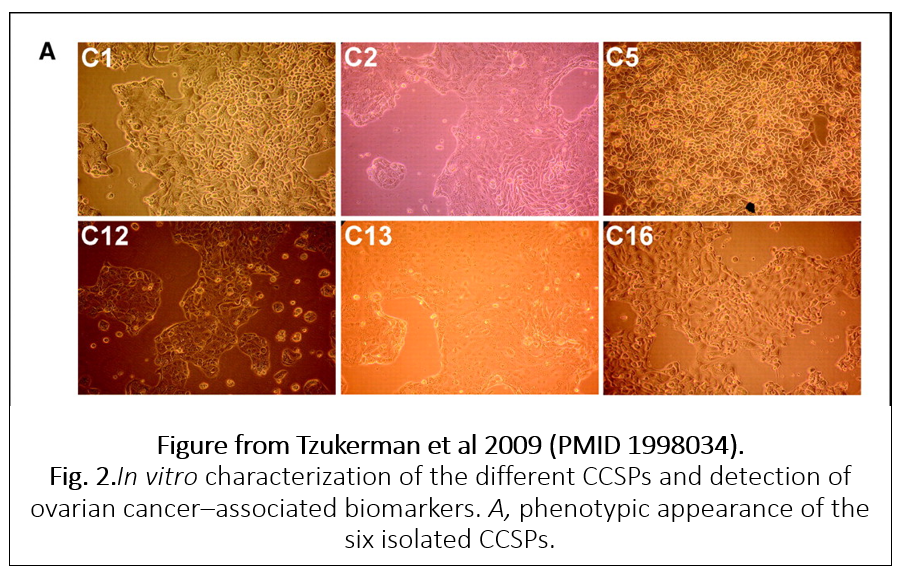
The CCSP family of six cell lines aims to recapitulate the ovarian cancer microenvironment, and is suitable for investigation into cancer biology and cancer therapeutics research. These lines are derived […]
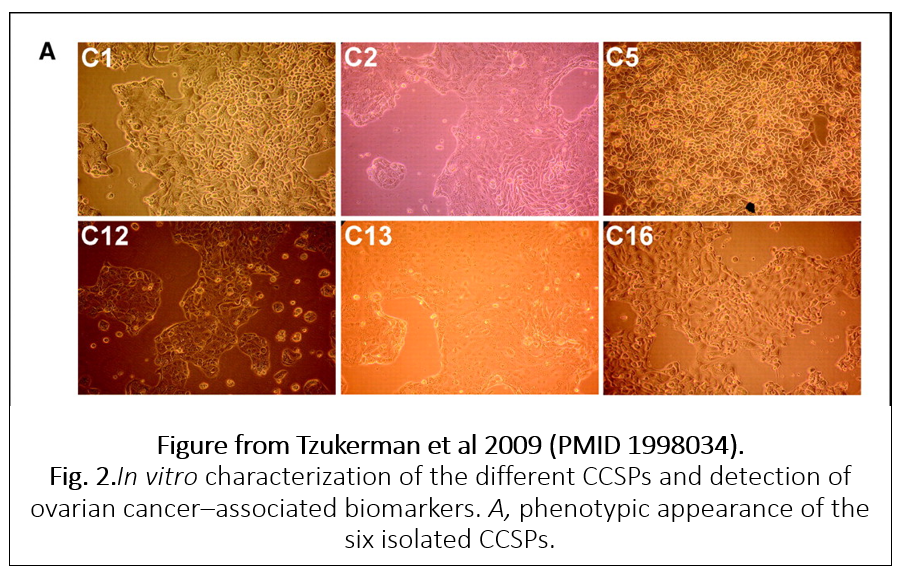
The CCSP family of six cell lines aims to recapitulate the ovarian cancer microenvironment, and is suitable for investigation into cancer biology and cancer therapeutics research. These lines are derived […]
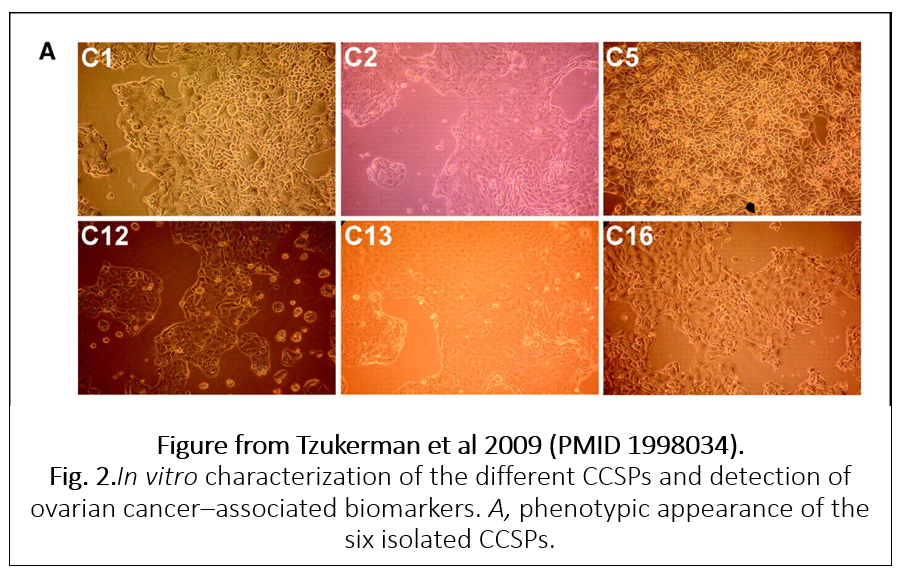
The CCSP family of six cell lines aims to recapitulate the ovarian cancer microenvironment, and is suitable for investigation into cancer biology and cancer therapeutics research. These lines are derived […]
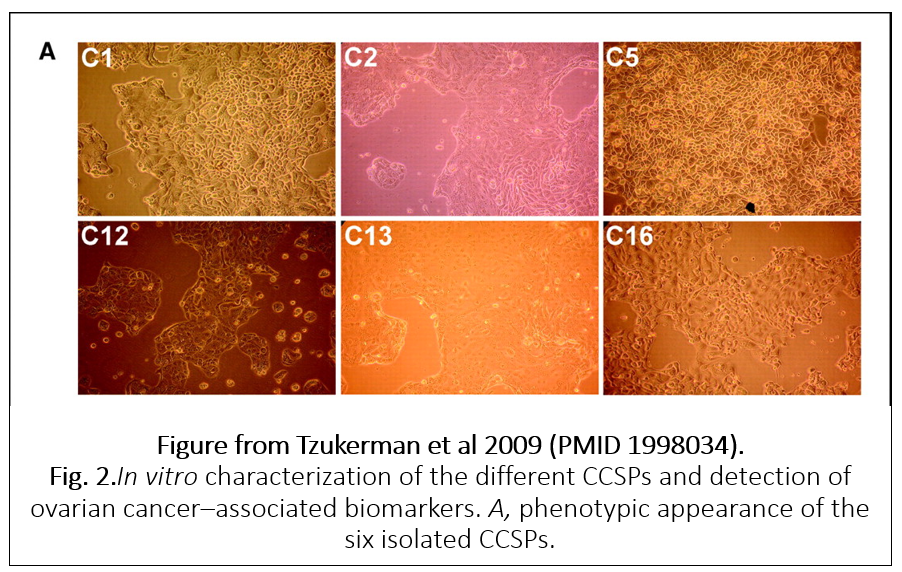
The CCSP family of six cell lines aims to recapitulate the ovarian cancer microenvironment, and is suitable for investigation into cancer biology and cancer therapeutics research. These lines are derived […]
Ovarian cancer is a significant cause of death in women worldwide with the majority of ovarian cancers forming in women under the age of 65. Due to late stage […]
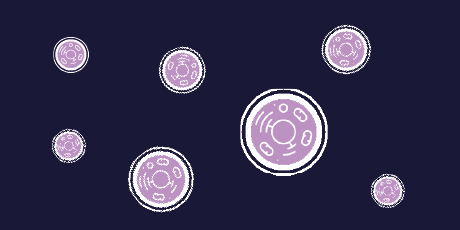
Epithelial ovarian cancer is a heterogeneous disease with five different pathological subtypes, the most common being High Grade Serous Cancer (HGSC). Standard treatment to date for epithelial ovarian cancer has […]
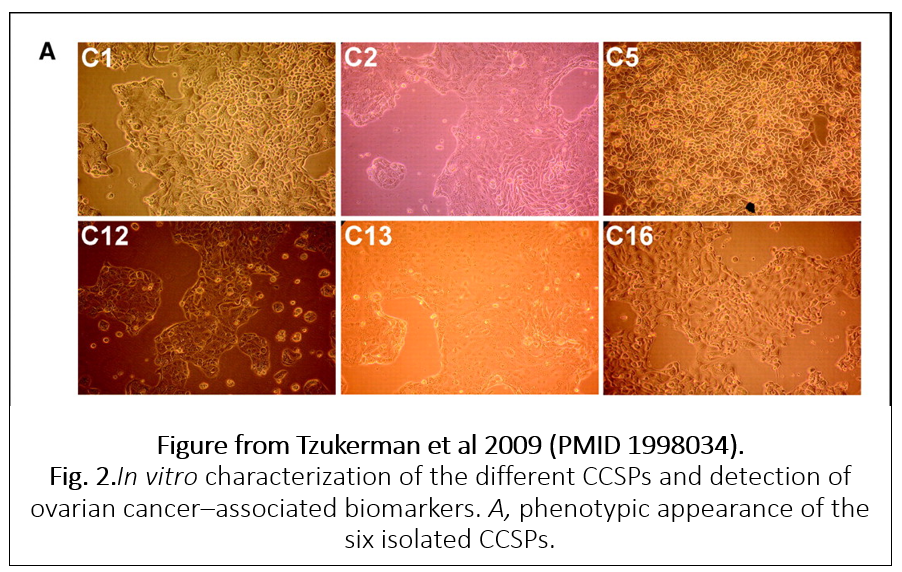
The CCSP family of six cell lines aims to recapitulate the ovarian cancer microenvironment, and is suitable for investigation into cancer biology and cancer therapeutics research. These lines are derived […]

Please note we may take up to three days to respond to your enquiry.
CancerTools.org uses the contact information provided to respond to you about our research tools and service. For more information please review our privacy policy.